Subhasita Ratna Bhandagaram (सुभाषितरत्नभाण्डागारम् 6-7 प्रकरणम्)
₹722.00
| Author | Shri Ram Prakash Jha |
| Publisher | Chaukhambha Sanskrit Series Office |
| Language | Hindi & Sanskrit |
| Edition | 2022 |
| ISBN | 978-81-70804369 |
| Pages | 499 |
| Cover | Hard Cover |
| Size | 14 x 2 x 22 (l x w x h) |
| Weight | |
| Item Code | CSSO0593 |
| Other | Dispatched in 1-3 days |
10 in stock (can be backordered)
CompareDescription
सुभाषितरत्नभाण्डागारम् (Subhasita Ratna Bhandagaram) This edition of the Subhasita-ratna-bhanddgdra replaces the seventh, published by the Nirnaya Sagar Press in 1935 and long out of print. During the course of its growth through the first seven editions, the work had already become the largest published and probably the largest known collection of Sanskrit epigrams. Such lyric and gnomic verse is one of the glories of Sanskrit literature. Even the greatest of our poets, in composing a mahakavya, drama, or connected narrative on a classical theme took pains to insert such polished stanzas, each of which is complete in itself as well as independent of its context. A collection such as the present thus serves a much broader purpose than that of a specialized anthology.
In its own way, it is an essence, as it were, of the whole of classical Sanskrit literature; moreover, a considerable proportion of the lines carry a moral or at least a sententious weight of their own which has made them bywords, adages, maxims, with their own translations or equivalents in every modern Indian language that possesses a literature. They are thus an important segment of India’s literary heritage. The whole of this explanation would have seemed trivially obvious in the days of our grandparents. But modern Indian education has reduced Sanskrit, like every other subject, to the dead level of examination study, where the student is tested for his ability in rapid extrusion during the course of a three hour examination paper. This collection will not serve the purpose of such an examination textbook, but is meant to give the reader some idea of the variety of secular thought and emotion transmitted to us by our ancestors. The words are their own; if the expression and style vary from the most lucid and penetrating to the stilted and mannered superficiality, it is for us to inquire into the reasons, to draw the proper conclusions, which may not always be those the author intended to convey.
Certain major changes have been made in this edition. To the original six prakaranas a seventh on miscellaneous topics has been added in the general tradition of classical anthologies. Throughout the entire work, some stanzas which seemed to have little merit have been dropped, being generally replaced by others which convey the sentiment with more force or charm. This is necessarily a matter of taste; here I have exercised an editor’s prerogative as fully as did my predecessors. It should be kept in mind that the Subhāşita ratna-bhändägära is not an anthology that was made centuries ago, but began as, and still remsins, an eclectic collection of choice Sanskrit verse made by the learned pundits associated with the earlier editions were rather perfunctory about citation of the sources from which they drew the stanzas. In the index to this edition, the source of an epigram is given as far as it could be traced. It would be quite out of the question to trace every stanza to a definite author, seeing that most of the verses have been current for a millennium or so, during which the greater portion have been known only from citations, often anonymous and sometimes self-contradictory, in the older anthologies. But at least the reader has now something to go upon and can make his own further researches with more of a start than was given by our previous editions.
In conclusion, it is a great pleasure to thank the management and the workers of this Press for their cheerful co-operation during a period of hardship, both internal and external for all of us. I also acknowledge my gratitude to the ever-obliging Librarian Shri D. N. Marshall, M. A., Dip. Lib, for access to the Bombay University’s collection of books and manascripts. To my friend Prof. D. D. Kosambi of the Tata Institute of Fundamental Research I owe many valuable suggestions for possible improvements within the framework of the original plan of the edition.

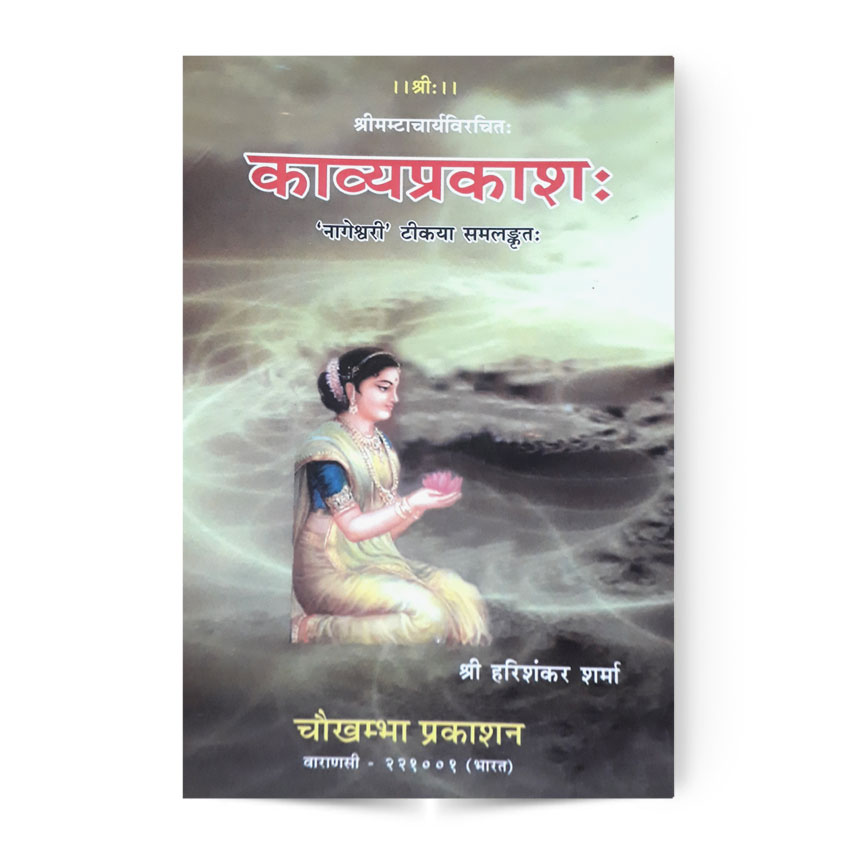
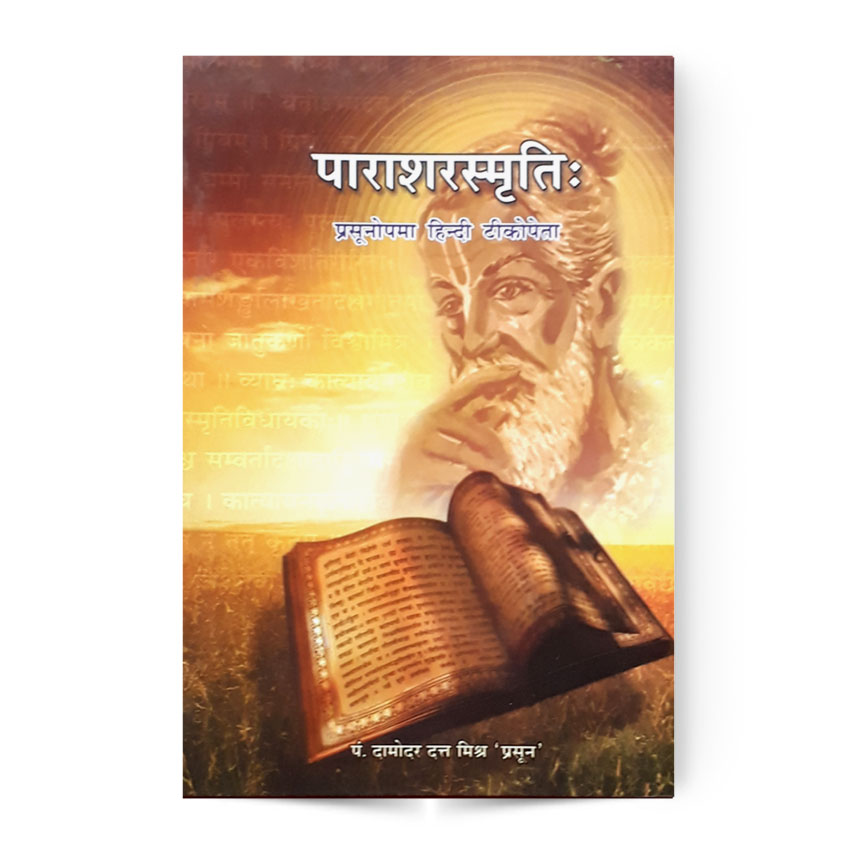

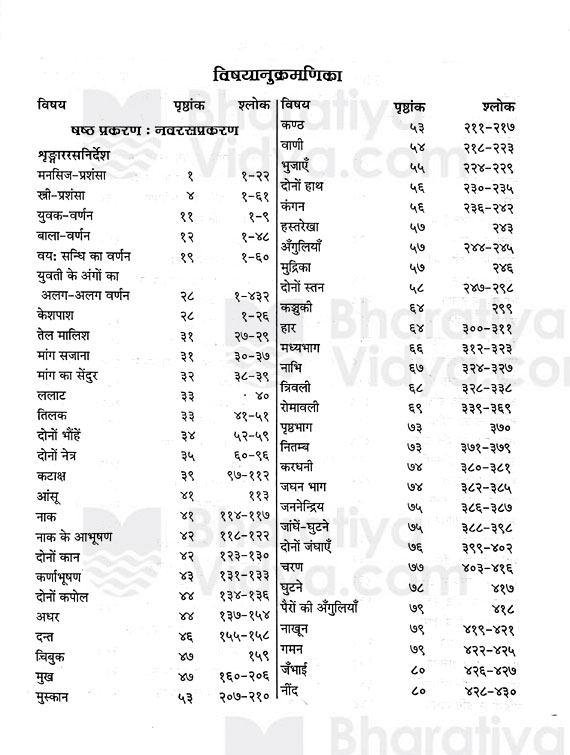
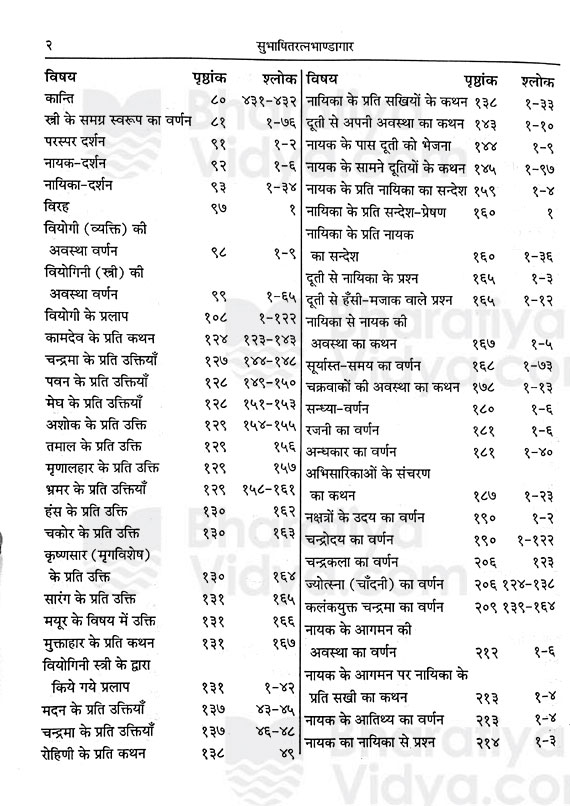
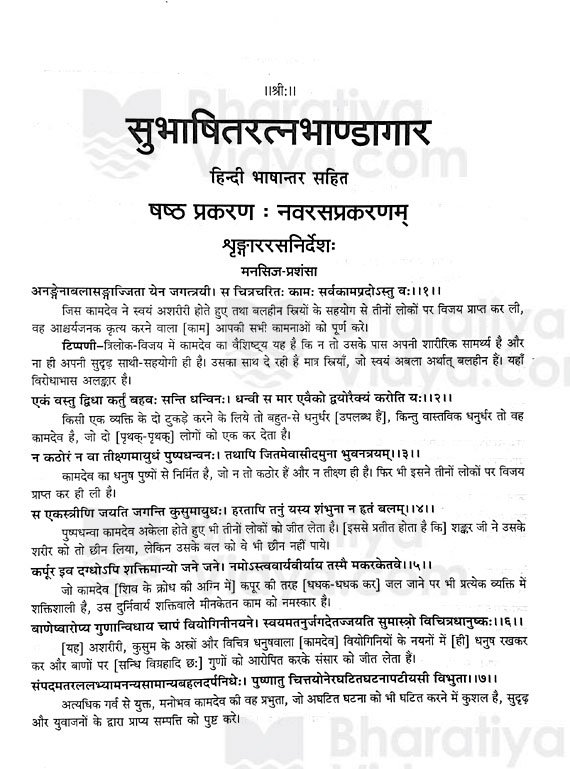
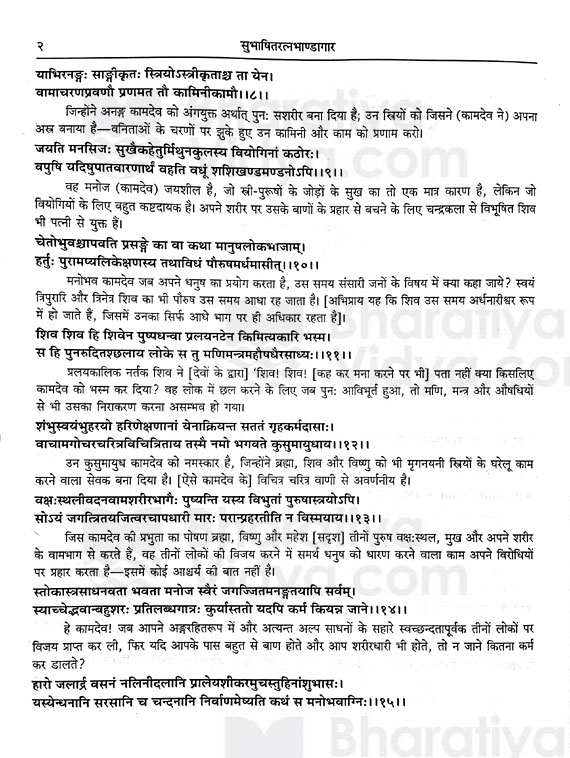
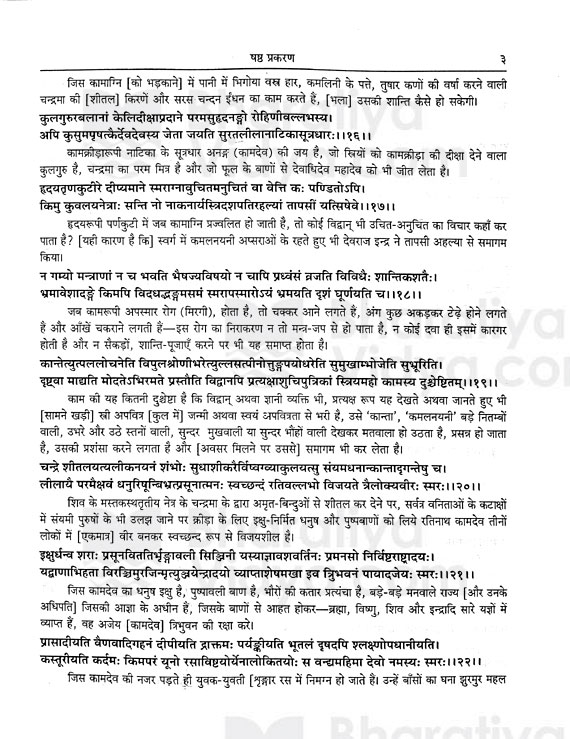
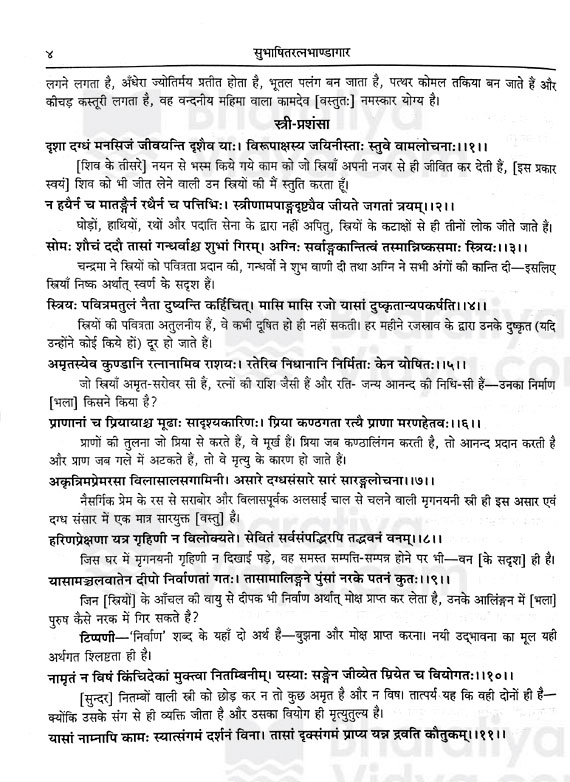
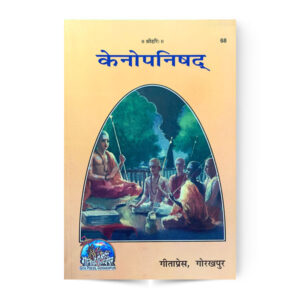
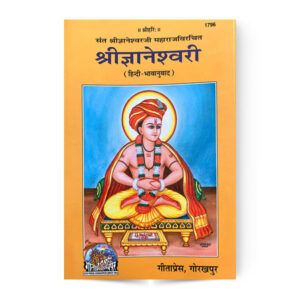
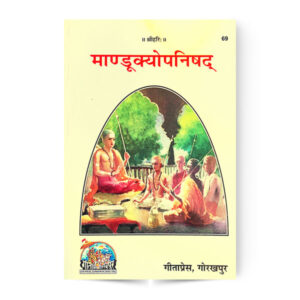
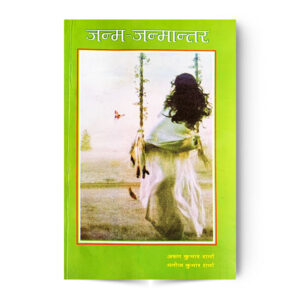
Reviews
There are no reviews yet.